Insight
Your Next (Leased) Office Space: A How-To Guide for Growth Companies
February 10, 2021 | BY Cresa Minneapolis

Whether you’ve outgrown a production floor or are going through a big hiring push, starting the process of finding the perfect space to support your business can feel overwhelming.
There are a lot of options out there — own versus lease, renovate or build new — so how can you decide which real estate decision is the right one for you?
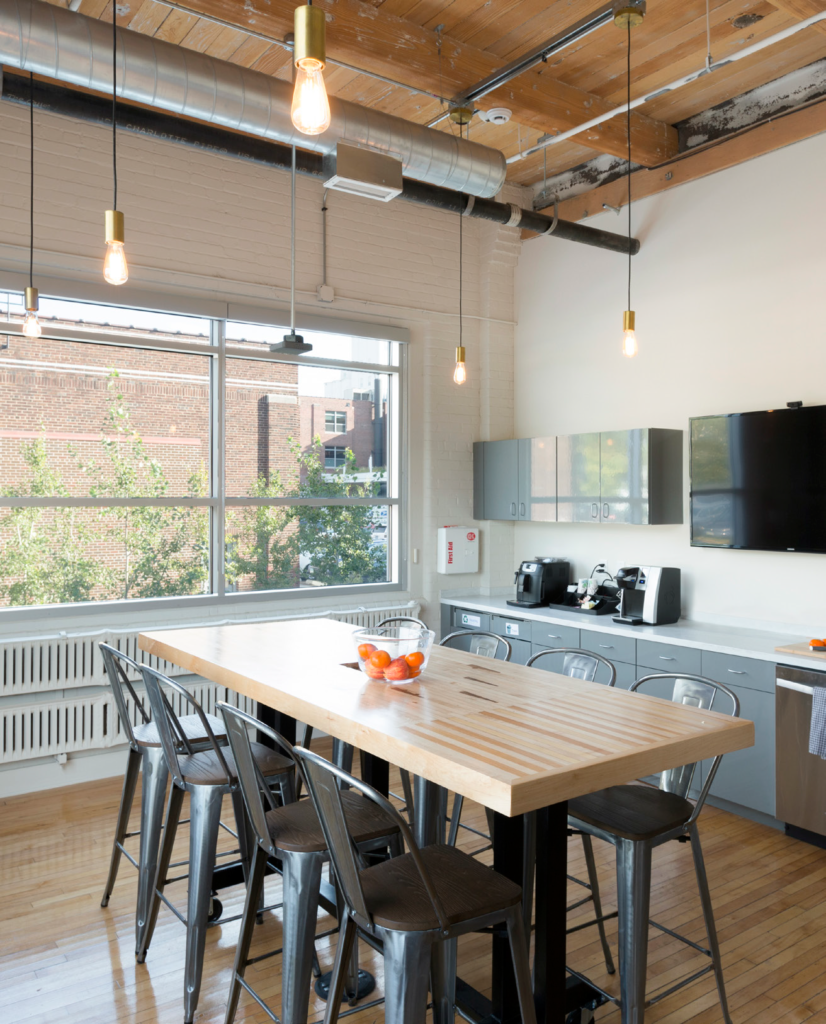
It’s about aligning your workspace with the long-term vision for the business. Your workspace should support your culture and operations, maximize your investment and appeal to your future talent as well as your future clients.
These tips will help you start the process of your next big move.
1) Review Your Strategic Plan
Ask yourself these questions:
- What is your short-term and long-term headcount?
- What is your financial picture, and do you have cash on hand?
- What type of talent do you need to support your operations?
- What kind of space will support the functional needs of your business?
- What are your specific parking or building infrastructure needs?
- What are your geographic and logistics needs? How might those change in the next few years?
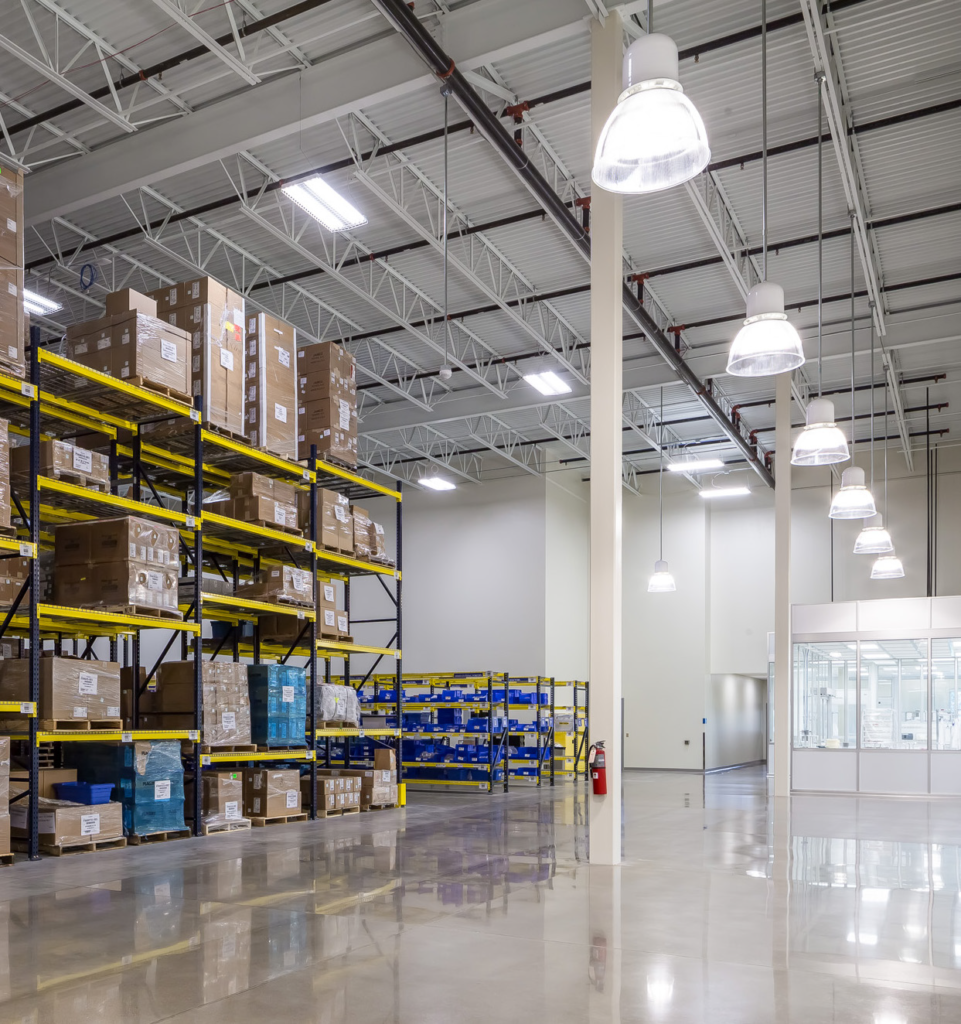
Before you can answer questions about any real estate changes you want to make, you need to have a clear idea of where your business is going. Business strategy — not how much rent you can pay — should drive you. Where are you in your business cycle? Are you growing, contracting or stabilizing? What kinds of business and industry challenges will you face in the next five to 15 years? These factors will influence the location and space you need.
2) Determine Whether It’s Time to Lease or Buy
Too often businesses jump to the question of whether they should lease or buy when it’s more helpful to think of whether it’s the right time to lease.Start by asking yourself these three questions:
Do you have equity?
- Is your liquidity in good shape?
- Would real estate fit within the rest of your investment portfolio?
- If the answer to any of these questions is “no,” save your cash. If they’re all “yes,” consider the next three questions:
- Does the building you want suit your needs? (If not, wait to build.)
- Are all of the stakeholders’ interests aligned? (If not, continue leasing.)
- Is the ROI strong enough? (If not, consider passing.)
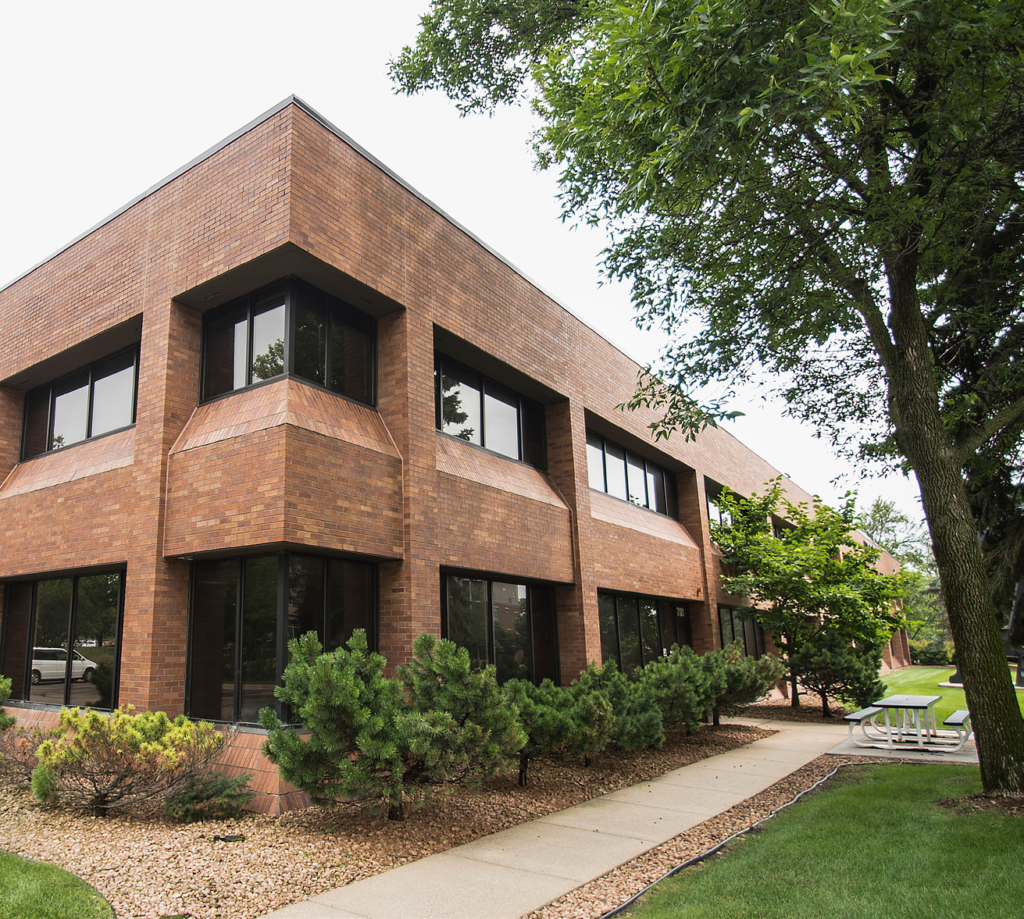
If all of the answers to the left are “yes,” it may be a good time to consider buying.
If you decide to continue leasing, don’t overlook the opportunity to renegotiate your lease. Many tenants lack the time to perform a thorough needs analysis and evaluate all their options, and simply accept the landlord’s preferred renewal terms.
3) Do’s and Don’ts: Lease Renewal
Don’t run out of time. The ideal time to start looking at options is 18 to 24 months before your lease expires, or 24 to 36 months before expiration if you’re considering new construction.
Do a complete assessment.
Evaluate your current location, building, space size, functionality and economics. Consider your current and future business operations.
Don’t lose control of your message.
Deliver a consistent message to your employees, the current landlord and the marketplace. Consistent messaging will yield better results in negotiations.
Do understand all the costs.
Relocating may offer competitive advantages, but tenants often underestimate the additional costs to move equipment, furniture and technology, plus the cost of purchasing anything you can’t bring with you.
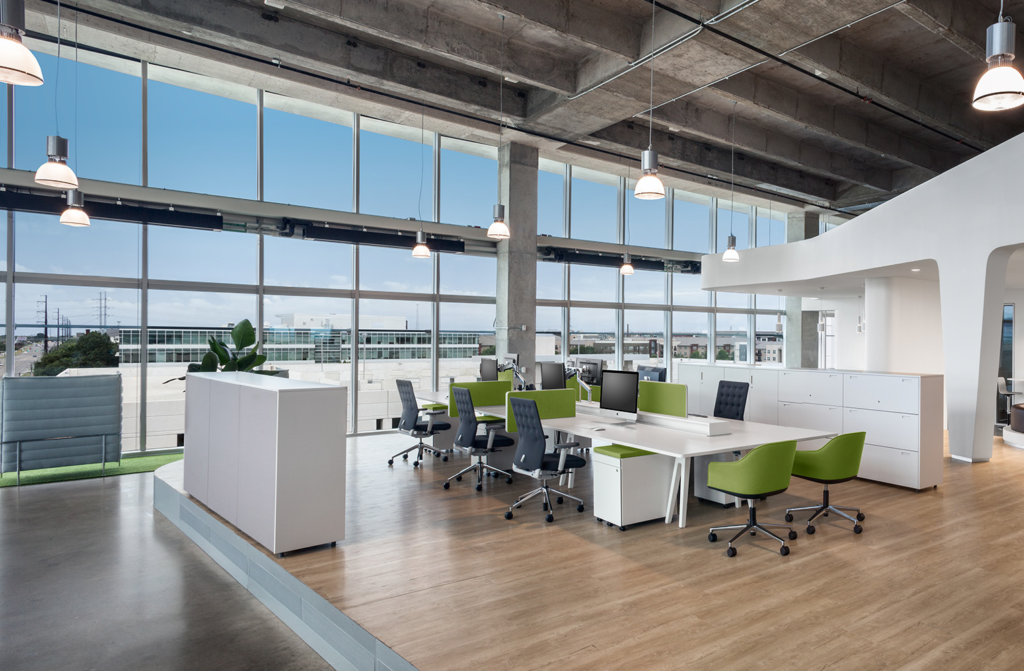
Do enlist the help of a tenant representative.
A professional tenant representative levels the playing field in negotiations and will make it clear to the landlord you’re exploring other options.
Don’t take shortcuts.
The lease-renewal process is time-consuming, and you need to give yourself enough time to make an informed decision.
4) Learn What Your Ideal Employees Want
Your location, building and work environment can be just as important to recruiting and retaining top employees as your compensation and benefits are.
If you want to attract and retain your ideal employees, you need to know their interests, routines and preferences. They might want restaurants nearby to entertain clients, breweries or wine bars for after-hours socializing, the ability to walk to work, public transportation access or easy parking, nearby child care and so on.
5) Clarify Your Real Estate Brand
Your new space will be more than a place for people to work and provide a product or service.
It will also serve as a physical representation of your company’s identity and values. Determine what role you want your new space to play: It may serve as a recruiting tool, a branding boost or a showcase for your products or services. Think of your new address and building as a marketing tool — the way your customers access and view your space will help them understand your business as a whole.
6) Allow for Enough Time
Making a decision this important shouldn’t be rushed.
Many company leaders tend to underestimate the amount of time they’ll need to identify a new space, plan a large move and put the plan into action. It’s a common assumption that a move takes six to nine months. But in reality you’ll likely need a year to a year and a half, depending on the size of your business.
The more lead time you have, the clearer and more effective your real estate vision and strategy will be, ensuring you find the space you want at terms that work for your company.
7) Set a Reasonable Budget
Construction costs have shot up in the past few years.
If you’re considering building new or building out you may run into some sticker shock. Like it or not, real estate is a capital-intensive endeavor. When you’re building your budget, include hidden soft costs like new technology, furniture, cabling and specialized equipment. Don’t let unrealistic expectations about what you can afford derail the excitement of the perfect space. Research the market and set reasonable expectations about what your company will do to make a good space great.
8) Understand the Conflicts of Interest
Real estate decisions are complicated.
They involve relationships with multiple players, and lack much transparency. Going into a move without understanding everyone’s agenda can mean ending up with a space that doesn’t fit your business or your budget. Work with a partner who puts your interests first.
As you plan your big real estate move, be imaginative and have fun. This is your company’s chance to make a big impression.
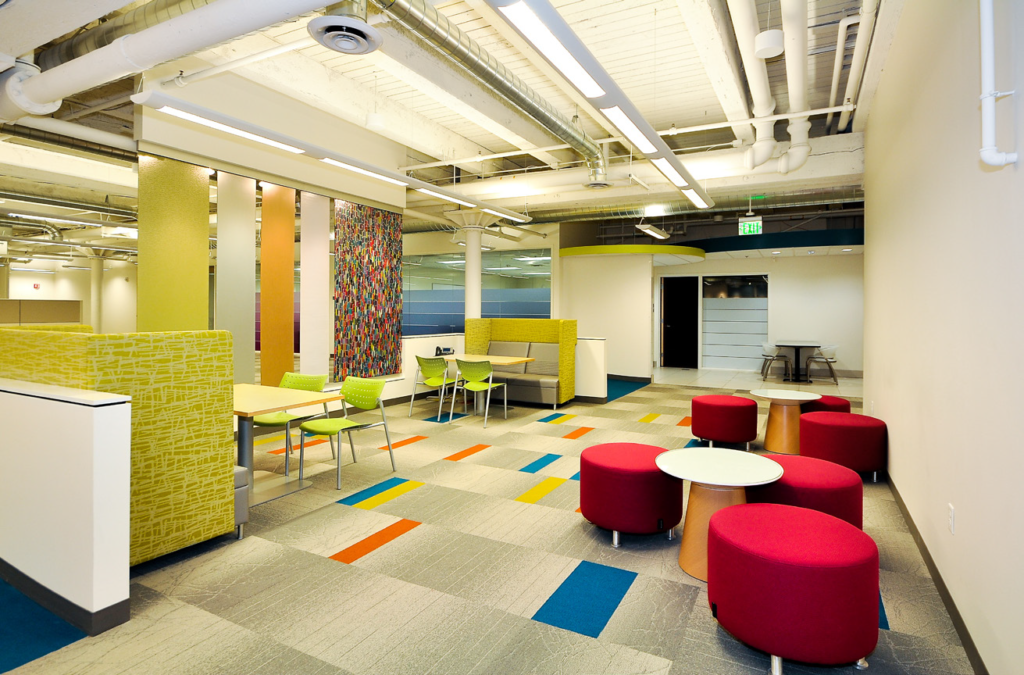

Cresa Minneapolis
920 Second Ave S, Suite 900
Minneapolis, MN 55402
612.337.8498
